In their search for an English gender-neutral word to signify the third person singular, advocates and writers have offered solutions, from “e” to “ze.” London Review of Books blog editor and LRB Conversations podcast host Thomas Jones picks up on the debate with Oxford’s Chichele Professor of Social and Political Theory Amia Srinivasan. They explore what gender pronouns mean in other languages, how English speakers can use them more sensitively in their speech, and how language reflects a society’s gender and power dynamics.
The English language needs a third-person pronoun to signify a person who could be either female or male and that also refers to a non-binary individual.
To demonstrate the issue of the “missing word,” consider the indefinite noun “everyone.” In this example: “Everyone misplaces __ keys,” what is the correct word to complete the sentence?
English offers a limited range of choices. People often use “their,” but that’s plural; it doesn’t match “everyone,” which is singular. It’s not grammatically correct to use “his or her keys” with “everyone,” since “everyone” is gender neutral. “Everyone misplaces one’s keys,” while agreeing grammatically and in terms of gender, is pompous and awkward sounding. And “one” doesn’t work in all cases. Consider, “the anonymous witness said one had seen a gruesome act.” You can’t use “it,” because referring to a human being as “it” is derogatory. To be correct, the sentence needs a third-person singular pronoun that’s gender neutral.
In the past, the all-purpose third-person English pronoun was “he.”
Language teachers patterned their English grammar books after Latin grammar...
Amia Srinivasan is Oxford’s Chichele Professor of Social and Political Theory. Thomas Jones is editor of the London Review of Books blog, a host for the LRB Conversations podcast, and author of the novel Game Theory.










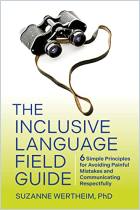
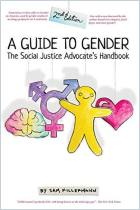
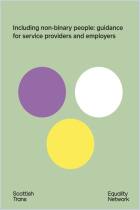
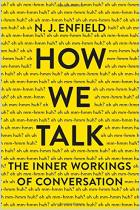
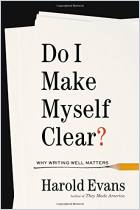




Comment on this summary or 开始讨论